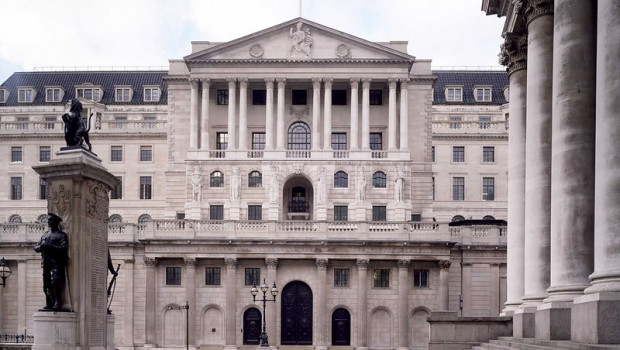BoE governor urges restraint in face of surging inflation

Bank of England governor Andrew Bailey insisted on Wednesday that both workers and companies must show restraint in the face of surging inflation.
Households are currently facing a deepening cost of living crisis, with inflation - currently at a 30-year high - expected to peak at 7.25% in April, according to the BoE. Yet wages have failed to keep pace. In February, the Office for National Statistics said employees’ regular pay, excluding bonuses, grew by 3.7% in the final quarter of 2021. Once inflation was taken into account, however, real wages fell by 0.8%.
Last month, Bailey came under fire from both unions and the government for saying workers shouldn’t ask for pay rises, despite the cost of living squeeze, in a bid to curb inflation.
Appearing before the Treasury Committee on Wednesday, Bailey sought to defend his comments.
He told Labour committee member Angela Eagle: "I’m not saying people should not take pay rises. My concern is the second round effects: that if everybody tries to get ahead of the shock that we’ve had from outside, then we will get the second round effects and it will get worse.
"There is very clearly an upside risk there. The upside risk comes through from the second-round effects."
And he warned: "The least well-off will come off worse in the process if we don’t have restraint."
Bailey also said big companies and banks should show restraint when setting bonuses, and putting up prices, noting: "It holds for everybody."
He added: "It’s not just wage setting, it’s also price setting. It’s both."
However, unions reacted angrily. Sharon Graham, Unite general secretary, said: "Andrew Bailey blew a hole in the Bank of England’s pretence to be neutral when it targeted workers’ pay packets instead of company bosses and inflated profits.
"Workers didn’t cause galloping inflation, or the energy crisis, so why should they pay for it?"
Bailey also appeared to forget how much he was paid, telling Eagle: "It’s somewhere over £500,000. I can’t tell you exactly what it was, I don’t carry that around in my head."
According to the last set of BoE accounts, Bailey was paid £575,338 including pension benefits.